Council of Europe
Filter by...
-
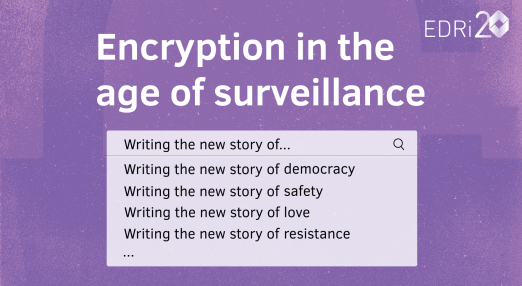
Event summary: Encryption in the age of surveillance
The EDRi-organised event on encryption, surveillance, and privacy brought together key policymakers, academics, activists and members of the press to build a better understanding of why encryption is important for people and democracy.
Read more
-

Potential loopholes in the AI Act could allow use of intrusive tech on ‘national security’ grounds
Both the European Union (EU) and the Council of Europe (COE) negotiations are considering excluding AI systems designed, developed and used for military purposes, matters of national defence and national security from the scope of their final regulatory frameworks. If this indeed happens, we will have a huge regulatory gap regarding such systems.
Read more
-

Council of Europe must not water down their human rights standards in convention on AI
In a joint statement, civil society calls for a broad scope and definition of AI systems and no blanket exemptions for AI systems for national defence/national security.
Read more
-
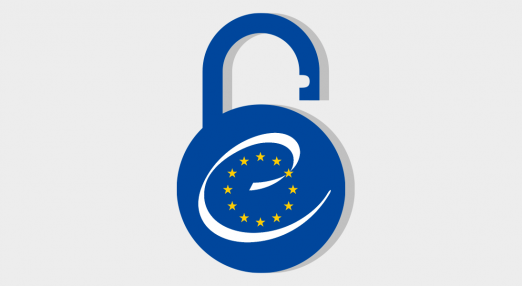
EFF to Council of Europe: Flawed Cross Border Police Surveillance Treaty Needs Fixing
EDRi member Electronic Frontier Foundations (EFF) has joined European Digital Rights (EDRi), the Samuelson-Glushko Canadian Internet Policy & Public Interest Clinic (CIPPIC), and other civil society organizations in recommending 20 solid, comprehensive steps to strengthen human rights protections in the new cross border surveillance draft treaty that is under review by the Parliamentary Assembly of the Council of Europe (PACE). The recommendations aim to ensure that the draft treaty, which grants broad, intrusive police powers to access user information in criminal cross border investigations, contains a robust baseline to safeguard privacy and data protection.
Read more
-

New Cybercrime Protocol: weak safeguards against big risks of abuse
In 2017, the Council of Europe (CoE) and its Cybercrime Committee started preparing an additional protocol to the Budapest Convention on Cybercrime – a new tool for law enforcement authorities (LEAs) to have access to data held by private companies in the context of criminal investigations.
Read more
-
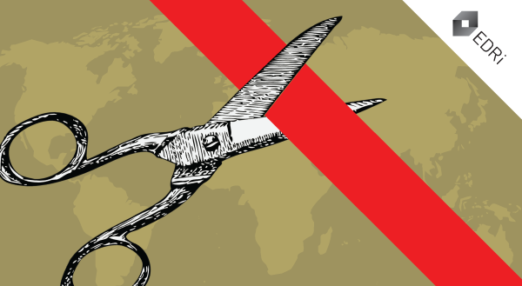
New Protocol on cybercrime: cutting red tape ≠ cutting human rights safeguards
From 20 to 22 November 2019, European Digital Rights (EDRi) and the Electronic Frontier Foundation (EFF) took part in the Octopus Conference 2019 at the Council of Europe (CoE) to present the comments submitted by EFF, EDRi, IT-Pol Denmark and the Electronic Privacy Information Center (EPIC) on draft provisions of the Second Additional Protocol to […]
Read more
-

Protecting personal data world wide: Convention 108+
Almost one year after the General Data Protection Regulation (GDPR) entered into force in the European Union (EU), the question often arises about what could other countries around the world do to protect their citizens’ personal data. Although there are countries that have data protection laws in place, many still do not, or have laws […]
Read more
-
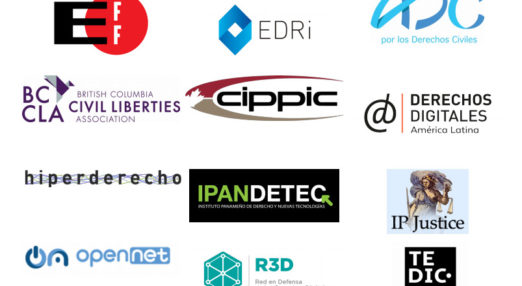
Safeguarding fundamental rights in the new Cybercrime Protocol
On 20 February, European Digital Rights (EDRi), along with ten civil society organisations from across the globe, responded to a public consultation on the Council of Europe’s Second Protocol to the Convention on Cybercrime (also known as the Budapest Convention). The draft Protocol aims to establish international rules for cross-border access to personal data by […]
Read more
-

Terrorist Content Regulation: Warnings from the UN and the CoE
On 11 December 2018, three United Nations Special Rapporteurs published a joint Report on the European Union’s proposal for a Regulation to prevent the dissemination of terrorist content online. The Report, issued by Special Rapporteur on freedom of expression David Kaye, Special Rapporteur on right to privacy Joseph Cannataci, and Special Rapporteur on protection of […]
Read more
-

New Protocol on cybercrime: a recipe for human rights abuse?
From 11 to 13 July 2018, the Electronic Frontier Foundation (EFF) and European Digital Rights (EDRi) took part in the Octopus Conference 2018 at the Council of Europe together with Access Now to present the views of a global coalition of civil society groups on the negotiations of more than 60 countries on access to […]
Read more
-

Nearly 100 public interest organisations urge Council of Europe to ensure high transparency standards for cybercrime negotiations
In light of the passing of the CLOUD Act in the United States that undermines the rights to privacy and other rights, the forthcoming proposal of the European Union on e-evidence, and other initiatives, it is vitally important that the T-CY listens to and engages with civil society proactively and in a timely manner. Civil society wants to engage in this process to ensure the new protocol will uphold the highest human rights standards.
Read more
-
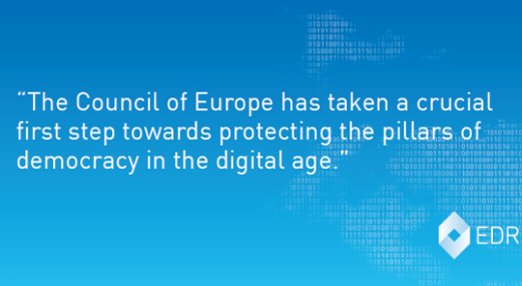
Council of Europe takes world-leading step towards protecting online rights
Today, on 7 March 2018, the Council of Europe (CoE), Europe's leading human rights organisation, adopted a Recommendation on the roles and responsibilities of internet intermediaries that will have a global impact. (The final, almost identical version will be online in a few days.)
Read more
